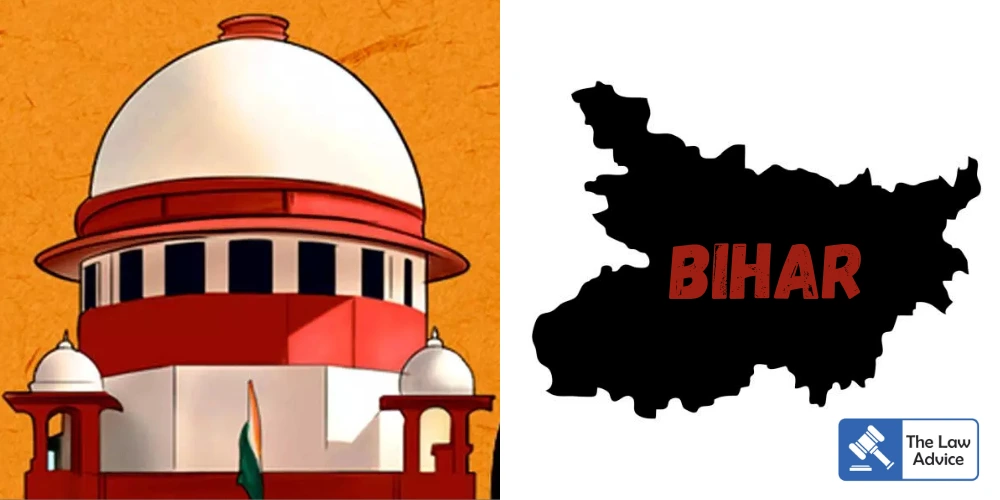New Delhi | August 6, 2025
In a development that could have wide-ranging consequences for electoral integrity, the Supreme Court of India has directed the Election Commission of India (ECI) to respond by August 8 to allegations regarding the deletion of nearly 65 lakh names from Bihar’s draft electoral rolls during the Special Intensive Revision (SIR) process.
The matter was heard by a three-judge bench comprising Justices Surya Kant, Ujjal Bhuyan, and N. K. Singh, which took note of serious procedural concerns raised in a petition filed by Association for Democratic Reforms (ADR). The petitioner contends that the deletions were carried out without publicly disclosing voter details or informing affected individuals, thereby violating constitutional and statutory safeguards.
Senior Advocate Prashant Bhushan, appearing for ADR, argued that names were struck off without compliance with Rule 18 of the Registration of Electors Rules, 1960, which mandates prior notice and an opportunity to be heard. He further pointed out that neither constituency-wise data nor the specific reasons for deletions such as death, duplication, or migration were made available for public scrutiny.
The draft electoral list was published on August 1, 2025, as part of the ECI’s nationwide SIR initiative. Bihar, being the first state under review, has come under scrutiny due to the sheer scale of deletions—amounting to over 10% of the state’s voter base. The ECI has stated informally that a majority of the deletions pertain to deceased individuals, duplicate entries, or voters who have migrated, but the Court noted that these justifications need to be officially filed and documented.
“What’s at stake here is the right to participate in democracy,” remarked Justice Surya Kant during the hearing. The bench made it clear that while it respects the autonomy of the ECI, it would not hesitate to intervene if the process results in large-scale disenfranchisement.
The Court also took exception to the fact that deleted names were shared with political parties via Booth Level Agents (BLAs), but not with the public at large. The judges questioned why affected voters weren’t directly informed or given an opportunity to raise objections.
In response, the Supreme Court has directed the ECI to file a detailed affidavit outlining:
• The total number of voters deleted,
• The breakup of reasons for deletion,
• Whether public notice or personal intimation was given,
• And if the deleted voters have any mechanism to re-enroll.
The matter will now be taken up again on August 12, when the Court is expected to hear not just the Bihar case but other related petitions from across the country questioning the legality and transparency of the SIR process.
Case Title: Association for Democratic Reforms v. Election Commission of India & Ors.
